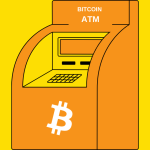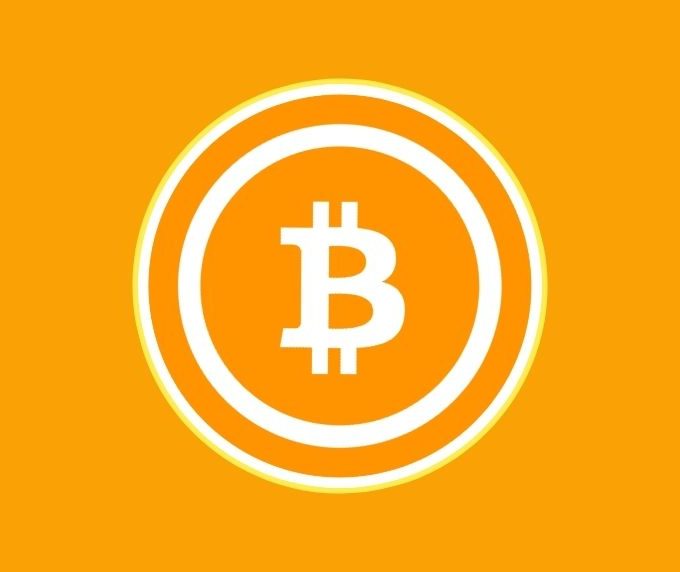In a significant legal victory for the Dogecoin community, a U.S. federal judge has dismissed a $258 billion class action lawsuit against Elon Musk and his electric vehicle company, Tesla. The lawsuit, which accused Musk of manipulating the Dogecoin market through his tweets and public statements, was dismissed by U.S. District Judge Alvin K. Hellerstein on August 29, 2023, with prejudice, meaning it cannot be reopened.
The case was initiated in 2022 by a group of Dogecoin investors, including Colby Gorog, Joshua Flint, and Louis Robinson. They accused Musk of engaging in a “pump and dump” scheme, using his substantial influence on social media to artificially inflate the price of Dogecoin, only to allow it to crash later. The plaintiffs claimed that Musk’s actions led to a 36,000% increase in Dogecoin’s value, followed by a significant decline during the 2022 crypto market crash. They sought damages totaling $258 billion, an amount that would have severely impacted Musk’s net worth.
However, Judge Hellerstein ruled that the allegations lacked merit, stating that no reasonable investor should have relied on Musk’s social media posts to make investment decisions. The judge further noted that the plaintiffs’ claims of market manipulation, insider trading, and breach of fiduciary duty were not substantiated by the evidence presented.
Musk’s defense argued that his statements about Dogecoin, including playful comments about becoming the “CEO of Dogecoin” and plans to send Dogecoin to the moon via SpaceX, were merely aspirational and not factual assertions that could mislead investors. The judge agreed, classifying these statements as “puffery”—a legal term for exaggerated claims that are not intended to be taken literally.
The dismissal of this lawsuit is a major win for the Dogecoin community, which has long been bolstered by Musk’s public endorsements. Despite the proliferation of other meme coins on platforms like Solana and Ethereum, Dogecoin has maintained its status as the leading meme cryptocurrency, largely due to the support from Musk and his associated companies.
The legal victory also comes at a time when Dogecoin’s price remains relatively stable, hovering around 10 cents following the broader crypto market downturn. The meme coin, which is secured by a proof-of-work (PoW) mechanism and boasts over 7.4 million holders, continues to follow Bitcoin’s price trends, reflecting growing investor confidence.
Looking ahead, the Dogecoin community is hopeful for further integration with Musk’s ventures, particularly with the anticipated launch of payment services on the X platform (formerly Twitter) and continued support for Dogecoin transactions in Tesla and SpaceX products. This legal victory only strengthens the meme coin’s position in the ever-evolving cryptocurrency landscape.
The case was initiated in 2022 by a group of Dogecoin investors, including Colby Gorog, Joshua Flint, and Louis Robinson. They accused Musk of engaging in a “pump and dump” scheme, using his substantial influence on social media to artificially inflate the price of Dogecoin, only to allow it to crash later. The plaintiffs claimed that Musk’s actions led to a 36,000% increase in Dogecoin’s value, followed by a significant decline during the 2022 crypto market crash. They sought damages totaling $258 billion, an amount that would have severely impacted Musk’s net worth.
However, Judge Hellerstein ruled that the allegations lacked merit, stating that no reasonable investor should have relied on Musk’s social media posts to make investment decisions. The judge further noted that the plaintiffs’ claims of market manipulation, insider trading, and breach of fiduciary duty were not substantiated by the evidence presented.
Musk’s defense argued that his statements about Dogecoin, including playful comments about becoming the “CEO of Dogecoin” and plans to send Dogecoin to the moon via SpaceX, were merely aspirational and not factual assertions that could mislead investors. The judge agreed, classifying these statements as “puffery”—a legal term for exaggerated claims that are not intended to be taken literally.
The dismissal of this lawsuit is a major win for the Dogecoin community, which has long been bolstered by Musk’s public endorsements. Despite the proliferation of other meme coins on platforms like Solana and Ethereum, Dogecoin has maintained its status as the leading meme cryptocurrency, largely due to the support from Musk and his associated companies.
The legal victory also comes at a time when Dogecoin’s price remains relatively stable, hovering around 10 cents following the broader crypto market downturn. The meme coin, which is secured by a proof-of-work (PoW) mechanism and boasts over 7.4 million holders, continues to follow Bitcoin’s price trends, reflecting growing investor confidence.
Looking ahead, the Dogecoin community is hopeful for further integration with Musk’s ventures, particularly with the anticipated launch of payment services on the X platform (formerly Twitter) and continued support for Dogecoin transactions in Tesla and SpaceX products. This legal victory only strengthens the meme coin’s position in the ever-evolving cryptocurrency landscape.
Disclaimer
Today's Gazette cannot take responsibility for any form of loss or inconvenience that may result from any material contained on this website. The content is provided for informational purposes only and should not be relied upon for legal or financial decision-making. Nothing on this platform should be misconstrued as financial advice.






Leave a comment